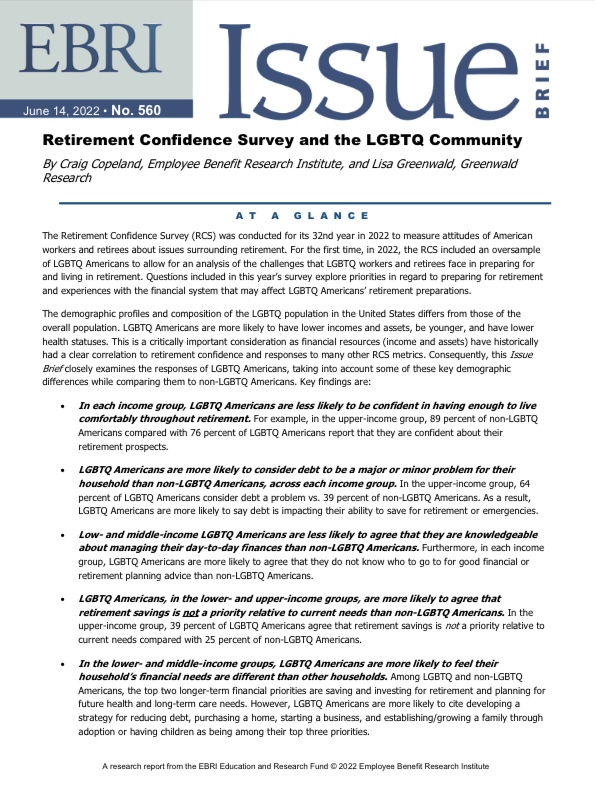A Two-Generation Model with Altruism for Reverse Mortgage Demand
By Yunxiao Wang, Katja Hanewald, Zilin (Scott) Shao & Hazel Bateman Reverse mortgage markets remain relatively small internationally, with one frequently cited reason being bequest motives. We study the role of reverse mortgages in intergenerational financial planning as a tool for families to bring forward bequests. We develop a new two-generation lifecycle model with parental altruism to compare the welfare gains of bequests and early bequests (inter vivos gifts) for homeowning parents and adult children seeking to purchase their first...










